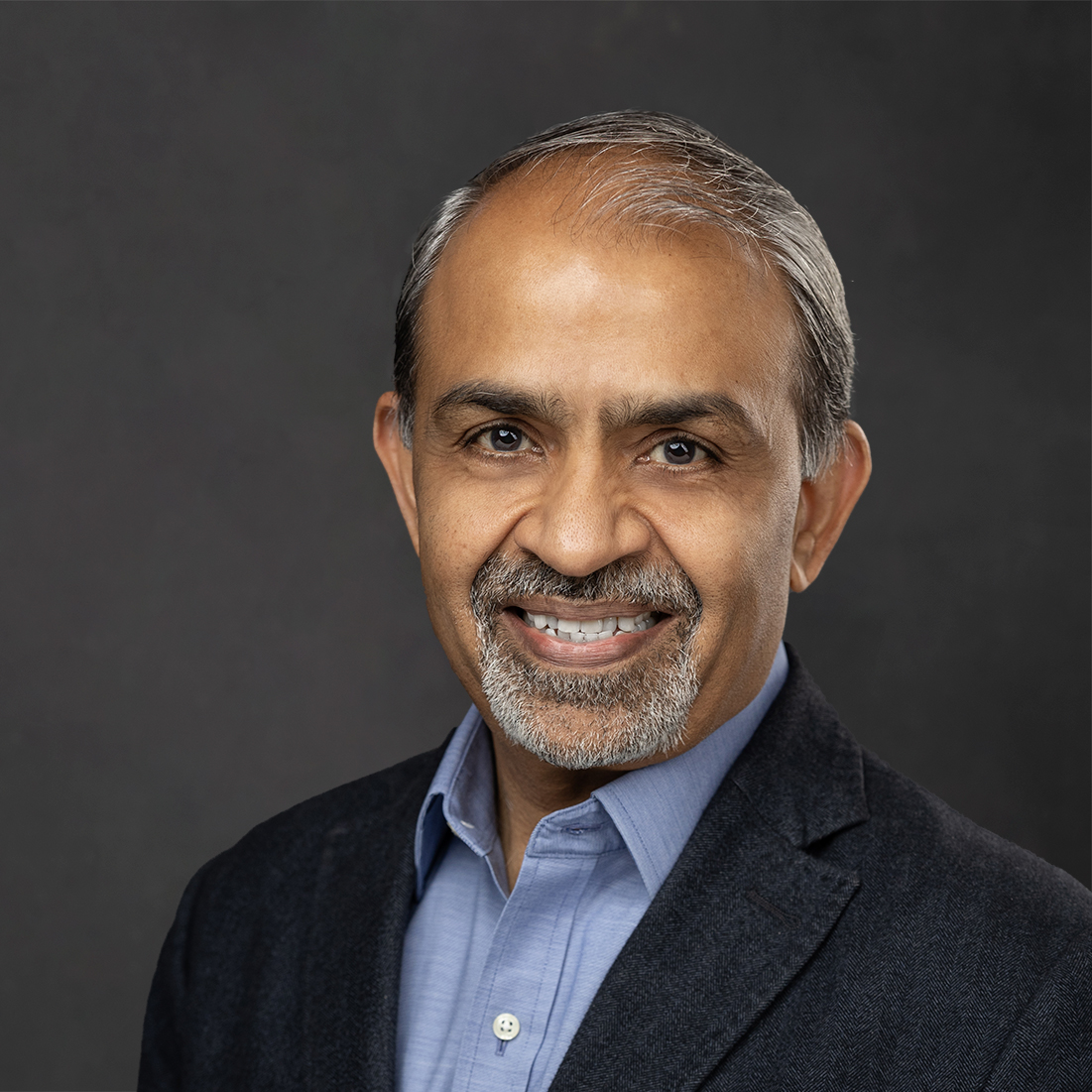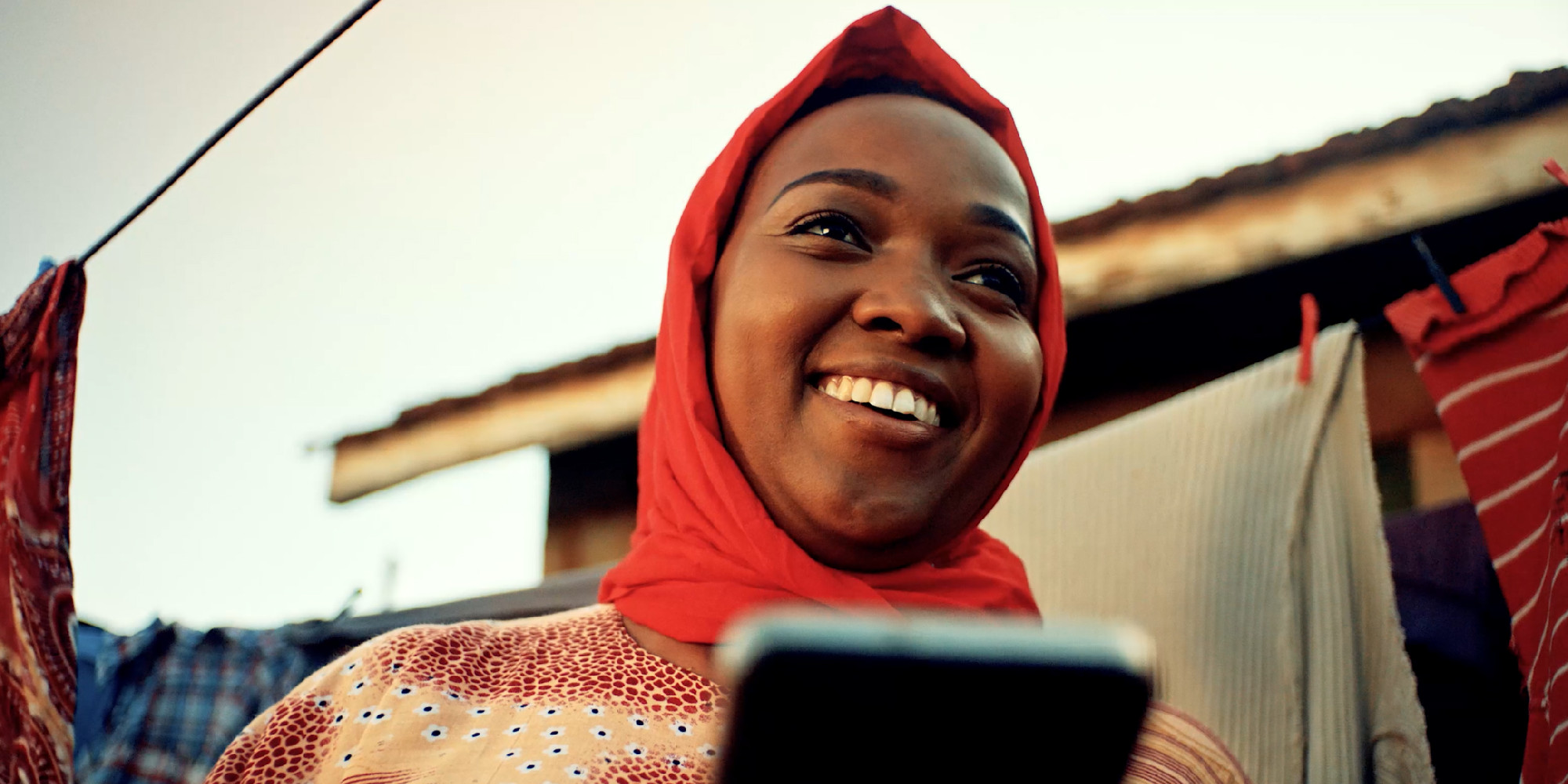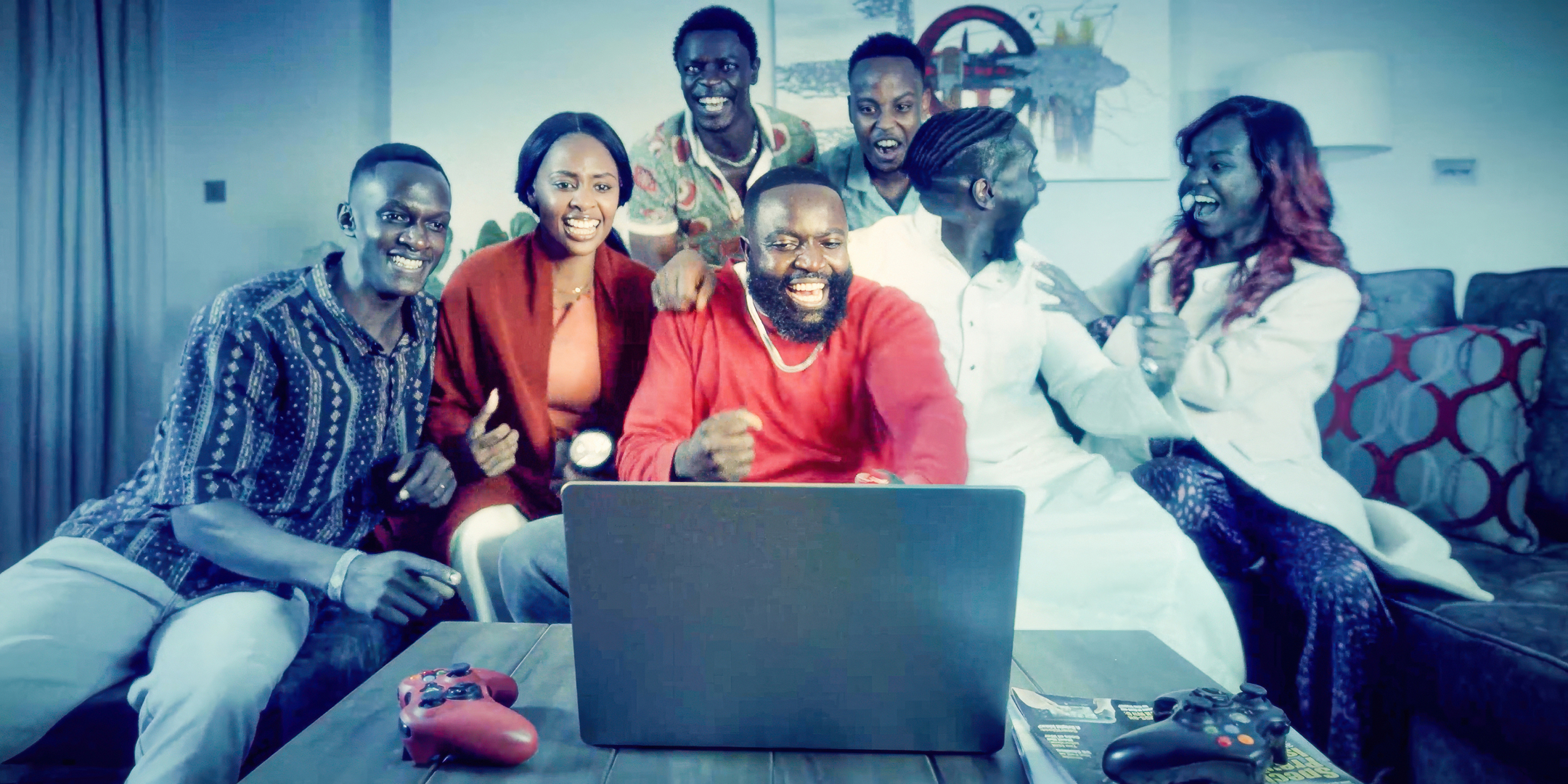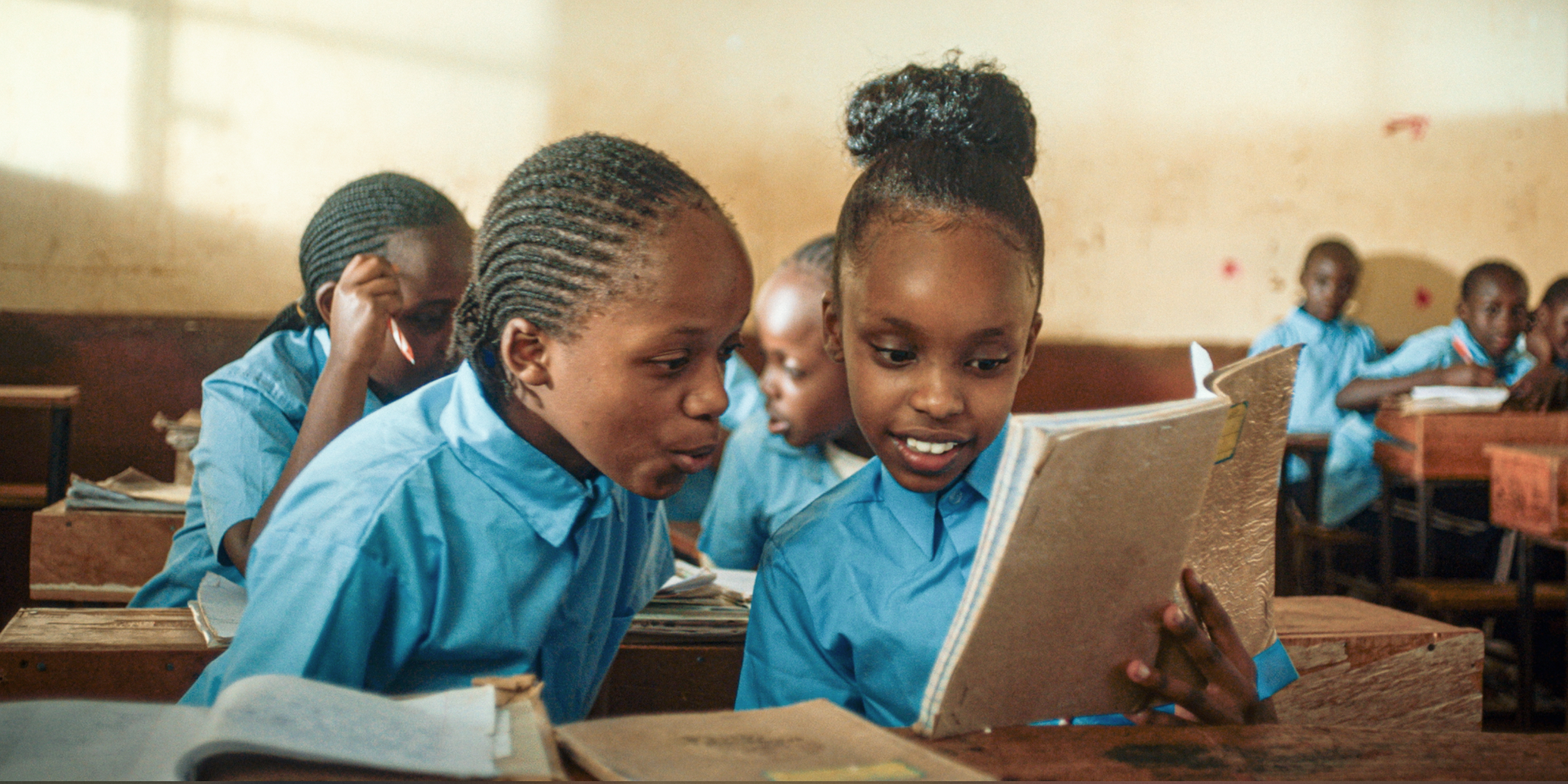Chief executive officer’s Q&A
1
In a continent as dynamic and diverse as Africa, the needs are significant, but so is the potential. And it’s our responsibility to ensure that as we grow, we’re creating meaningful value for the people and communities we serve.
2
Sunil Taldar
Chief executive officer, Airtel Africa plc

With one of the youngest populations in the world and fast-growing demand for digital and financial services, Africa is entering a pivotal chapter in its development. Airtel Africa is uniquely placed to help shape this future – not only by providing critical infrastructure but by championing the aspirations of the continent’s people.
Sunil Taldar, chief executive officer of Airtel Africa plc, reflects on the company's role in accelerating inclusive growth, building a customer-first culture, and delivering sustainable impact through our operations and the newly launched Airtel Africa Foundation.
Q1.
Let’s start with the big picture – what does ‘transforming lives’ mean to you personally?
For me, ‘transforming lives’ goes beyond a strategic objective – it’s the core of our purpose and the reason we exist as a business. In a continent as dynamic and diverse as Africa, the needs are significant, but so is the potential. And it’s our responsibility to ensure that as we grow, we’re creating meaningful value for the people and communities we serve.
Africa is home to one of the world’s youngest populations, and that presents an immense opportunity – not just for business, but for societal progress. We know that the aspirations of Africa’s youth are powerful. They want to learn, they want to build, they want to be part of the global digital economy. But in many areas, what holds people back isn’t ambition – it’s access. Access to reliable internet, to education, to digital tools and financial services.
This is the gap we're working to close. In 2024/25, we invested $670m of capex (excluding licence renewals and spectrum acquisitions) to improve network capacity and quality, reinforce a future-ready network and protect our business from the global threat of cyber attacks. The investment in digital applications is also designed to enhance customer experience.
This year we rolled out 2,600 new sites and deployed 3,300 km of fibre. These investments enable rural schools to connect to the internet, small businesses to operate online and individuals to participate in the digital economy on their own terms.
We’ve also made progress on our environmental agenda, transitioning 500 sites from off-grid to on-grid energy and saving around 350,000 litres of fuel. This increased our operational efficiency while supporting sustainable, scalable growth.
Another example I’m particularly proud of is the partnership with UNICEF. Through this initiative, over 1.6 million students across 13 countries have been connected to digital learning platforms. For many, this is their first meaningful access to educational content online – and that opens up entirely new possibilities for their futures.
So, when we talk about transforming lives, we mean delivering infrastructure that empowers people, services that enable progress and partnerships that unlock opportunity – for communities, families and individuals.
Q2.
Customer experience is now at the heart of your strategy. Why does that matter so much?
Customer experience has always been important, but today it’s the defining factor in how we differentiate and grow. In many of the markets where we operate, we’re not just another service provider – we are often the primary gateway to digital inclusion. That makes the experience we offer both a commercial imperative and a moral obligation.
Our customers rely on us not just for voice and data, but for access to education, healthcare, financial services and business tools. With that, our services are essential and come with a high level of expectation. People want connectivity that is reliable, secure and easy to use.
We have competition in every one of our markets. But I believe it is how we treat our customers that truly sets us apart – how responsive we are, how easy it is to access our services, and how well we anticipate and meet evolving needs.
Upgrading from 2G to 4G is a good example. This transition is a pathway to participation: it means that a young entrepreneur can run a business from a phone or a student can stream a lesson without interruption. It’s about enabling economic activity and social inclusion through better quality service.
Security is another critical area. We know that fraud and scams are a serious concern for customers, especially in rural and underserved areas. It’s something I hear directly when I visit our markets. So, we’re strengthening our data protection protocols, building customer awareness, and improving digital safety features across our platforms. People must feel confident and secure when they use our services – and we are committed to earning and maintaining that trust.
Q3.
Airtel Money has seen strong growth. What role does it play in transforming financial inclusion across Africa?
Airtel Money is a cornerstone of our ambition to drive financial inclusion. Large segments of the population across our markets remain unbanked or underbanked. Traditional financial infrastructure is limited or inaccessible – and Airtel Money is helping to close that gap.
The ability to store, transfer and manage money securely through a mobile device is genuinely transformative. It allows individuals to save money, to send school fees, to pay bills, and to transact with confidence – many for the first time. It also enables small businesses and micro-merchants to participate in the broader economy and opens up a pathway to more formal financial services.
We’re seeing strong momentum in this space. In Zambia, for example, our Airtel Money customer base grew by more than 26% this year. And across our markets, customer numbers and transaction volume are both growing strongly. As smartphone adoption grows, we’re expanding the range of digital use cases, from merchant payments to airtime lending, insurance, and beyond. Our B2B portal is now more robust and we've continued to enhance our compliance and governance, setting our Airtel Money business up for future evolution. These developments reflect the scale of the opportunity and the strength of the platform we’ve built.
But at its heart, this is about impact. Financial inclusion is a fundamental enabler of development. When people have access to mobile financial services, they have greater control over their lives. That is exactly the kind of transformation we’re here to deliver.
Q4.
What’s the role of the Airtel Africa Foundation – and how does it connect to your wider purpose?
The Airtel Africa Foundation is the company’s philanthropic arm which builds on our purpose of transforming lives while delivering sustainable impact across our markets. It was launched in June 2024 to bring greater structure and scale to the work we were already doing. The Foundation is focused on four priorities – financial inclusion, education, environmental protection and digital empowerment. These areas are aligned with our sustainability strategy which underpins our business strategy, and are vital to sustainable development in Africa.
The Foundation will lead several flagship programmes, including our landmark $57m partnership with UNICEF aimed at connecting schools to the internet across 13 countries and providing free access to online educational platforms. This partnership is enabling access to digital learning resources, teacher training and connectivity infrastructure – all at no cost to the schools or students. It’s a powerful example of what can be achieved through collaboration.
The Foundation also strengthens Airtel Africa’s internal culture. Our people take pride in knowing the work of the Foundation contributes to long-term social progress and that sense of purpose is a powerful motivator.
As we move forward, the Foundation will play an increasingly important role in helping deliver measurable impact for the societies we serve.
Sunil Taldar
Chief executive officer




